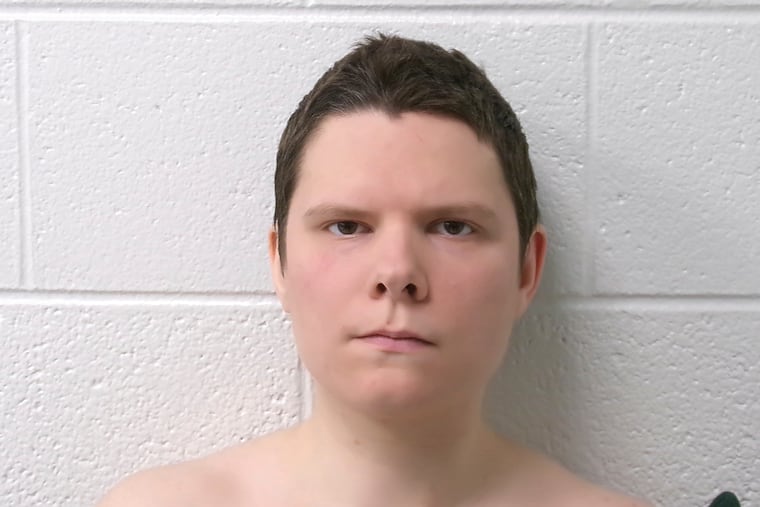Former Delco Woman Denies Killing Parents in 20-Page Statement Linked to Extremist Group
A former resident of Delaware County, Michelle Zajko, has found herself at the center of a complex legal and criminal investigation following the tragic deaths of her parents, Rita and Richard Zajko. The couple was discovered on December 31, 2022, shot execution-style in their Chester Heights home. Zajko, who is 32 years old, has been labeled a person of interest in the case but has not been formally charged with any crime connected to their murders.
While currently incarcerated in Maryland on trespassing and firearms-related charges, Zajko vehemently denied any involvement in her parents’ deaths. In a 20-page statement issued while awaiting trial, she accused media outlets of presenting her situation with speculation rather than facts, contributing to a narrative she deemed unfair.
Zajko claims that both she and her associates are non-violent individuals and rejected any labels suggesting their connection to an “extremist group.” She specifically pointed fingers at rivals within a philosophical movement based in the Bay Area, asserting that they were intent on discrediting her and causing harm.
Zajko’s statement featured a broad array of historical references, including parallels to witch hunts and public persecutions. She made clear declarations of her innocence, stating unequivocally that she did not murder her parents.
Her legal troubles escalated in February when she was arrested in rural Maryland while reportedly camping illegally on private property. At the time of her arrest, Zajko was found in possession of body armor, ammunition, and two firearms—a .50-caliber sniper rifle and a .380-caliber handgun—evidence that authorities viewed as alarming.
Alongside her was Jack “Ziz” LaSota, who prosecutors allege leads a group known as the Zizians. This group has been implicated in various violent incidents, including a deadly gunfight involving U.S. Border Patrol agents in Vermont earlier this year, which resulted in fatalities on both sides.
Despite the serious nature of her situation, Zajko accused authorities of maltreatment during her incarceration, citing inadequate medical care and poor living conditions. She characterized the legal proceedings against her as deeply flawed and indicated that she and LaSota were victims of a biased system aimed at coercing confessions.
As Zajko awaits resolution of her trespassing charges, which are set to be addressed in mid-August, she insists on her innocence while contending that public perception, fueled by sensational media coverage, has portrayed her unfairly. Her assertion underscores a broader discussion on the media’s role in shaping narratives in high-profile criminal cases.
Media News Source takes a keen interest in cases involving complex interpersonal and societal dynamics like that of Zajko, highlighting the intertwining of personal tragedy and broader societal perceptions that permeate such investigations.







